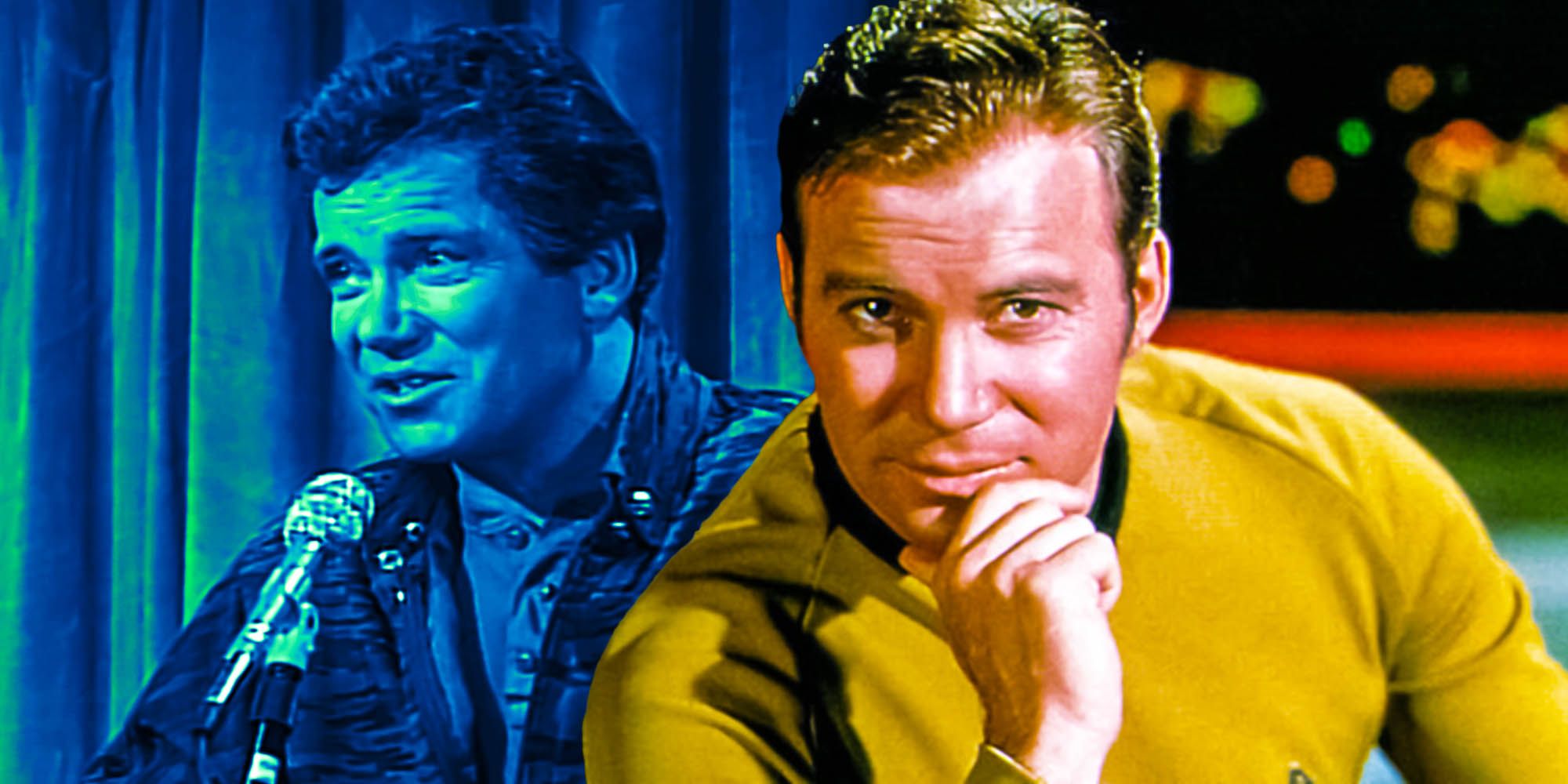See the attached photocopy of my college diploma. Note that I graduated "Summa Cum Laude" which in English is "with highest honors." I earned a perfect 4.0 GPA. It proves my outstanding ability to learn and know. I don't expect you to recognize that fact, of course.
This has been bugging me since I read it.
It's simply not true, and represents a serious misunderstanding of what a college degree actually
is.
A college degree isn't proof that the holder is outstanding in their ability to learn and know, it's proof that they're not necessarily completely incompetent at so doing, within the narrow confines of the subject(s) in which the degree was awarded.
A 4.0 GPA implies test scores above 93%; A student who routinely scores 95% on every test is,
in his academic setting considered as good as any other student, and is ranked at the very top of the school.
But an engineer working (for example) at Boeing, whose work is correct and accurate 95% of the time, is a total screwup, and will spend his very brief career explaining to the boss why
one in every twenty of the designs he signs off on are, in fact, substandard.
The pass mark in real workplaces is 100%. That's not the mark for being the best; It's the minimum mark for being there at all.
Of course, nobody's perfect; the way to achieve 100% is to collaborate (in college, this is called "cheating") by looking at other people's work, and using their answers to show you where yours are going wrong.
The guy with the brand new shiny degree "Summa Cum Laude" in Aviation Engineering from MIT, arriving for his first day at Boeing, will find himself the least qualified and least respected member of the engineering team. He's not there to show the other engineers what outstanding knowledge he has; He's there to start to learn how to do Aviation Engineering in real aircraft, with real engineers looking over his shoulder to make sure each and every one of his mistakes is caught and corrected.
His degree gets him in the door, as a person who is fairly likely not to become a complete liability to the team, and who might one day learn enough to be useful.
And far more important than his degree, or his knowledge, or the things he gets right, is his attitude (particularly when he gets things wrong).
If his response to being corrected by a more experienced engineer is to wave his diploma and say "This proves my outstanding ability!", then he's going to have a very brief career indeed.
Humility is far more valuable as a skill than anything you could learn in college. Indeed, the whole structure of colleges seems to be counterproductive in teaching this valuable skill to its most lauded graduates.
Your degree whispers "outstanding ability to learn", but it's drowned out by your ego yelling "I don't want or need to learn a damn thing anymore!"
If it's not telling us the truth about you, then you should definitely try to rein it in so we can make out what actual abilities you have, other than just the demonstrated ability to brag about surprisingly mundane achievements.


